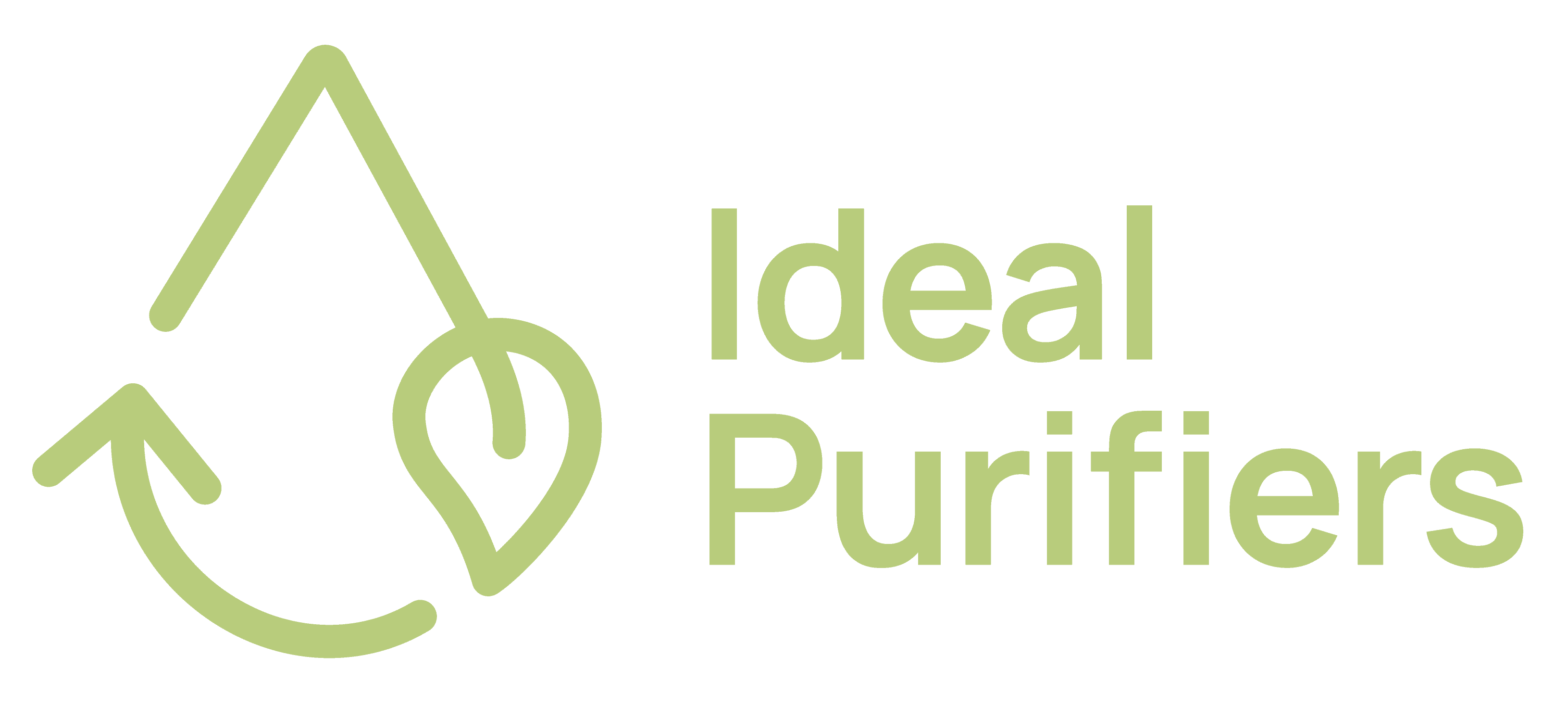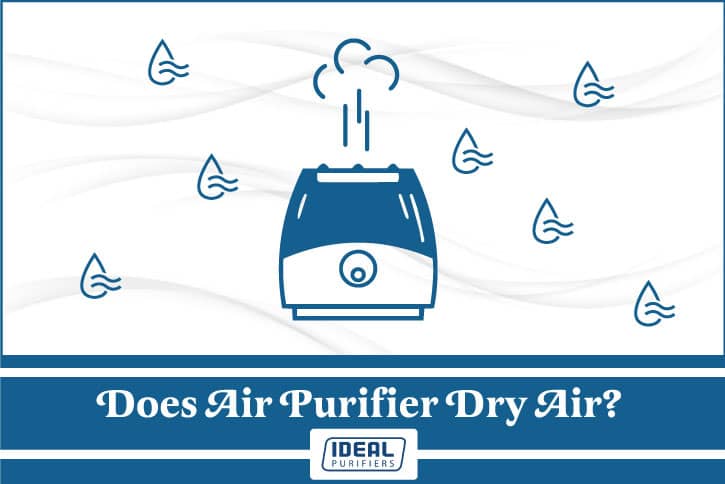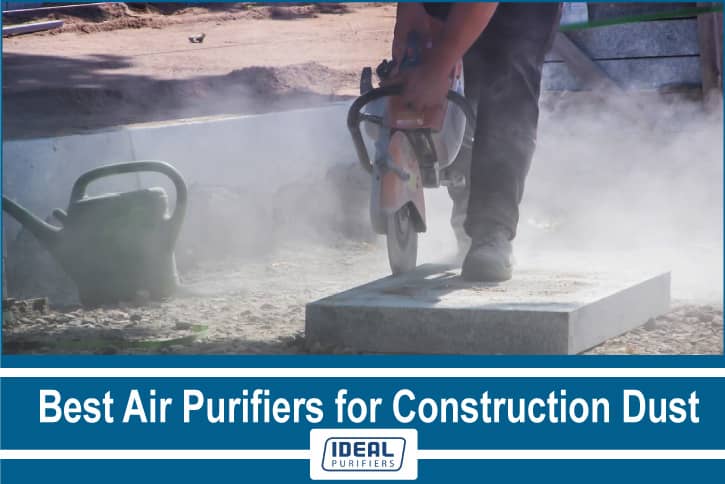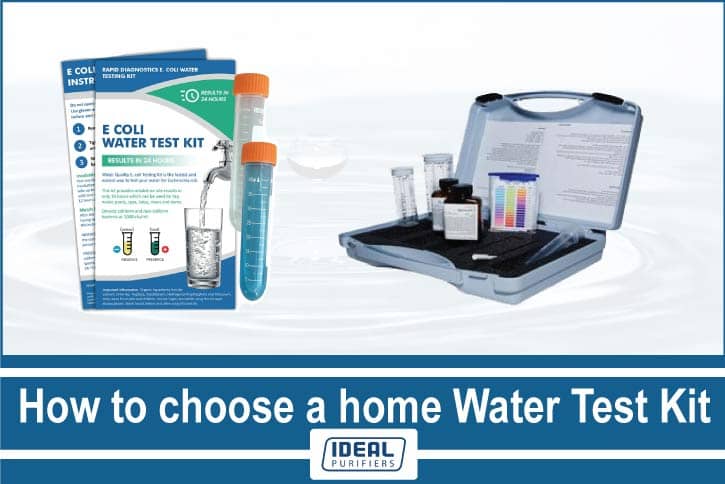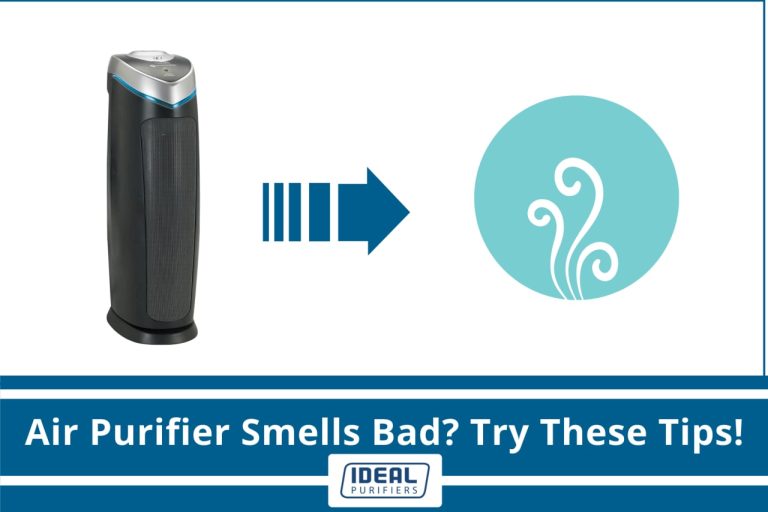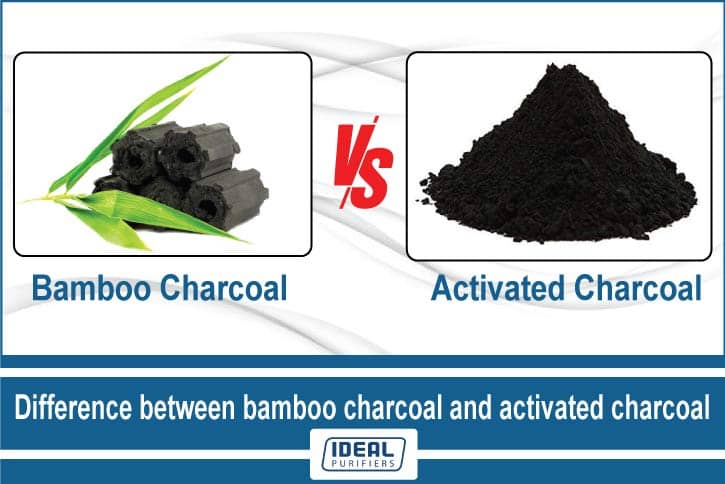Nowadays, air purifiers are extensively using in houses, offices, and even public places. Because air pollution is increasing day by day. Hence, everyone wants to buy the best air purifier to breathe in pure air. But most air purifier users or buyers ask the question that does air purifier dry air? It depends on the humidity level of your room or office. Imbalance of the humidity level causes your skin issues or damage your home. So, it is significant to maintain the humidity level of your room or office.
Well, lots of questions may be spinning in your head. Suppress your brain. You can get all the answers through this article. So, it would be best for you to read this article till the end.
Do air purifiers dry out the air?
The first and foremost question is, does an air purifier dry out the air? The sweet and short answer is “No”. Manufacturer especially constructs the air purifier to remove pollutants, mold, dust, air particles, pet dander or hair, pollen, bacteria.
If your indoor air is extra dry, there have many reasons. It can relate to the humidity level, air conditioning, or heating in general.
Air conditioners use the humidity in the room to make the low temperature. But sometimes, for climate, it can drag overmuch humidity out of the room, which can cause dry air. On the other hand, heaters work like a hairdryer to dry out the indoor air.
The humidity level of your room isn’t stable with your air purifier. It naturally depends on the climate. Though most air purifiers can’t reduce moisture from the air, some air purifiers have a humidifier feature. This air purifier humidifier can affect the humidity level. Also, there are air purifiers having dehumidifier features.
Humidity level
What is humidity? It’s the amount of aqueous vapor in the air. It affects climate, weather, and also your indoor environment.
40% to 50% humidity is the ideal humidity. This percentage is right for your health. Up to 60% of the moisture is risky for your health and also for indoor air. 0% humidity means the air is dry, and 100% humidity means the air is soggy. You can measure the humidity by an indoor humidity monitor or a device called a Hygrometer.
The problems for the too high and too low humidity level
The imbalanced humidity level is hazardous for your health and your room. Too low humidity means the air is dry. Dry air causes many skin problems and other health issues like dry mouth while sleeping, dry nose, dry and chapped lips. Low humidity also damages your home like drywall, shrink or damage the wood.
Too high humidity means the indoor air is too moist, and it also causes some health issues. It can stain your walls and ceiling. Besides, the humid air is the perfect ambiance for mold, bacteria, and other microorganisms.
So, to get rid of all these problems, you should maintain the humidity level. Humidifiers and dehumidifiers are controlling indoor air humidity. But dehumidifier controls too high humidity means moisture air. Humidifier controls too low humidity means dry air.
Related Post: Is an air purifier good for dry eyes?
Top dehumidifiers and humidifiers:
LEVOIT Humidifier
- Snooze mode alternative sets off mild show and center sensors while identifying the most suitable moisture stage.
- Radial air duct era directs water toward the first-class mist without fogging some room or soaking the ground.
- 2-12 months buyer’s warranty and lifelong aid of Levoit.
Frigidaire Dehumidifier
- Excludes Greater condensation that reason mildew and mold.
- Constant development whilst close to a duct.
- Authority of the precise percent of liquidity for your place that offers you convenient direction.
- Full vessel signal machine and vehicle mobile shut-off capacities
PROBLEMS FOR HIGH INDOOR HUMIDITY
At humidity stages are excessive with inside the home, there’s an excessive amount of condensation. This now no longer the handiest reason for soreness. However, it may be unfavorable for your home.
- Excess dampness extends the increase and unfolds of mildew, fungi, mildew, viruses, and bacteria. These contaminants decrease indoor air condition, cause ailment, and also can reason for harm to your home.
- During indoor humidity stages are too extreme, bronchial allergies and hypersensitive reaction, patients may also enjoy worse or common extra symptoms.
- High humidity interior reasons the house to experience wetness. You may also be aware of the seen reduction in home windows and barriers. Mugginess can depart you holding warm and painful, setting up the air-con, and spending extra strength while simply regulating humidity stages are needed. This reasons extra power to be fed on accidentally, growing your strength bills.
Low comparative humidity stages interior can reason a bunch of troubles for you and your home.
- While indoor air is too dry, bronchial allergies and hypersensitive reactions, signs, and symptoms can worsen. Flu and cold viruses may also unfold extra quickly, and you’ll be extra susceptible to sinus diseases. You may also be afflicted by dry, chapped lips, skin, and dusty airways.
- Dry air is the reason your frame to experience less warmth, regardless of indoor heat warmth. The desert air drags moisture out of your skin, willing you less warm and encouraging you to show up the warmth to living cushty. Hence, extra strength is exhausted to warm the house whilst a lift in thickness should have saved you cushty for less.
- Dusty air is unfavorable to places. Wood and different constructing substances and fixtures are taken of damp whilst the air remains dry. Returns and harm can arise to the carpet, trim, or even limit home windows and bars.
Humidifier- Use if you have dry air
If you have dry air, you should use a humidifier. A humidifier works for adding moisture to the atmosphere. Low humidity means dry air, which causes nasal irritations, dry throat, lips, and skin problems. Moreover, low humidity can damage your house. If you construct your home of wood, then dryness can shrink the wood floor and damage the wall. This humidifier removes dryness from the air by adding moisture in the air. Especially in winter seasons, you need extra water as the air is generally at its driest. In wintertime, having a humidifier is convenient.
In the market, there are five types of humidifiers available. These are,
- Ultrasonic humidifier
- Impeller humidifier
- Central humidifier
- Steam vaporizer
- Evaporators
So, you can use one of these and remove the dryness of your indoor air.
But it can increase the air humidity and make the air too moist by overusing of the humidifier. So, you should know the proper use of a humidifier and the ideal percentage of humidity level. As high and low humidity causes lots of problems, you must know these.
Can you use an air purifier and humidifier together?
Most of the air purifier and humidifier users have a question. “Can I use an air purifier and humidifier together in the same room?” The answer is positive. There is no harm to use an air purifier and humidifier together.
If there is dry air and you’re using an air purifier, it doesn’t dry out the air as it’s only clean the air. Also, you may still be suffering from problems like breathing problems or de-moisturize skin after using the air purifier. In this situation, you can use a humidifier along with an air purifier. It would be best if you used a humidifier to obviate dryness in the air.
So, the combo of an air purifier and a humidifier will add moisture to the air along with purifying the air you breathe. Consequently, the combo of these two will clean the air and never leave it dry.
Humidifiers and Air purifiers can change the wind you move to your domestic. However, they every serve a special reason with particular benefits. Suppose you’re searching out methods to assist diseases, respiration signs, and symptoms of desert air requirements. In case you need to create wholesome domestic surroundings for your baby. It would be best if you recognized the variations among an air cleaner also a humidifier and the way to use every one maximum efficiently.
Dehumidifier- Use if you have moisture air
A dehumidifier is a machine that removes moisture air by reducing humidity. An air purifier doesn’t dry out the air, but a dehumidifier can dry out the air. Its working process is like a refrigerator or an air conditioner.
In the market, you will find lots of dehumidifiers. But there are only two types of the dehumidifier, and they are-
- Desiccant dehumidifier
- Condensate dehumidifier
Air purifier humidifier and air purifier dehumidifier
Consequently, humidifier or dehumidifier air purifier has quality. You’ll get the feature of an air purifier. And humidifier or dehumidifier in one device. This two in one device can purify. And you don’t need to buy and run two machines separately. You have to operate only one device and can enjoy the advantage of two.
You may use them to make your work easier. But it would be best for you to use these separately. Consequently, you can get the best outcome.
Does an air purifier cause dry throat or dry out sinuses?
Does air purifier dry throat or dry out sinuses? The answer is negative. An air purifier doesn’t cause dry throat, or it doesn’t dry out sinuses. These problems usually happen in dry air. As we said before, Air purifier is a machine that uses some filters to purify the air, not to dry air. So, it’s clear that it doesn’t cause dry throat. Also, there is no question that an air purifier doesn’t dry out sinuses.
Also Read : How Long Should I Keep My Air Purifier On
FAQs
Can air purifiers cause dry eyes?
Can air purifier dry eyes? In general, the answer is negative. Though air blowing into your eyes is a symptom of dry eyes, the air purifier pulls air directly to the filter. Generally, it does not draw the air towards anyone now. But dry eyes syndrome depends on the placement of your air purifier. The air purifier sucks polluted air. When pulling the air, the air may enter your eyes, and it can cause dry eyes syndrome. So, place your air purifier knowingly.
Do Air Purifiers reduce humidity?
Air purifier neither reduces to nor increase humidity in the air. It’s a device designed to trap pollutants, air particles, mold, bacteria, pet dander and neutralize these. After neutralization, the air purifier spread pure air.
To reduce humidity, you should choose to use a dehumidifier. It can reduce moisture and remove moisture from the air. It can also kill mold and microbes, which grow in water.
Dehumidifier vs Air Purifier: Which is Right for You?
It would be best for you to use both an air purifier and dehumidifier. Because an air purifier filters and circulate the air by trapping smoke, dust, and other allergens. Thus, you can breathe fresh air and avoid many diseases.
On the other hand, a dehumidifier can remove moisture by reducing humidity. Too high humidity causes lots of health issues and also your home damage. So, both air purifiers and dehumidifiers are significant for you and your home.
Conclusion
Well, the overall answer to “Does air purifier dry air?” is No. To get dry air, you should use a dehumidifier. An air purifier has not any capability to reduce or increase humidity in the air. It has not this kind of function in it. So, it would be best if you bought a humidifier.
But before buying these, you have to know the using and maintaining process. Otherwise, it would be dangerous if you overuse these. I hope you have got all the answers to the questions which were spinning in your head.
